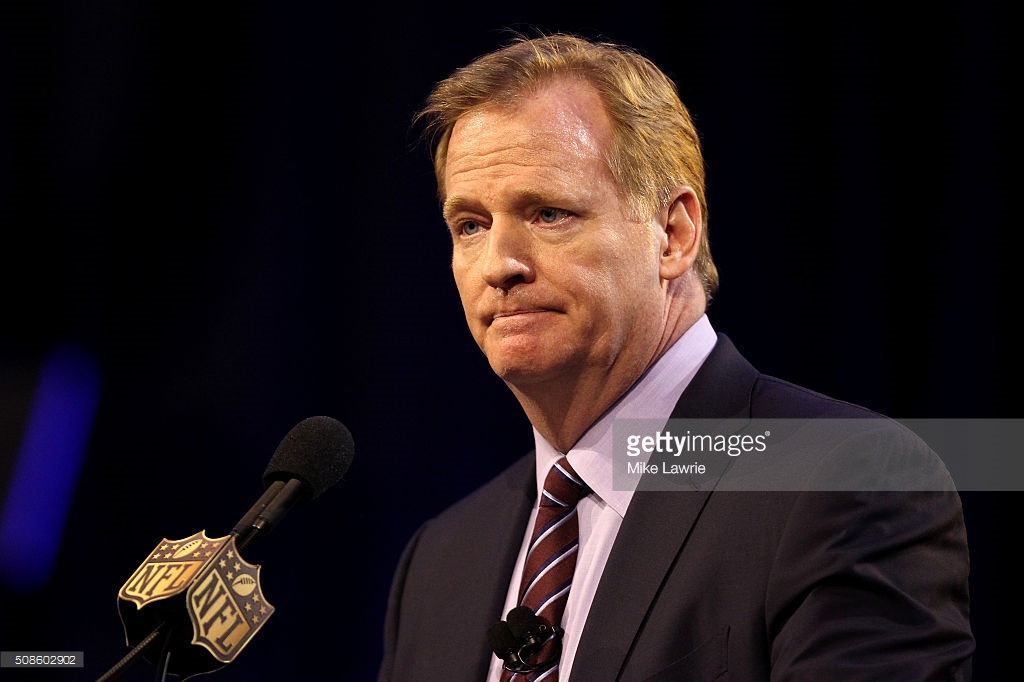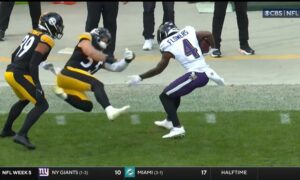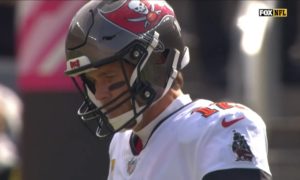The ‘Catch Rule’ has gotten so much attention over the years for the ridiculousness with which it has been worded that it has become symbolic for excessive legislation. That we can have so many questions about a concept so fundamental to the game of football as what a catch is seems to be a head-scratcher.
As a result, and after a number of egregious on-field examples of that bloated rule making a mockery of our own eyes, the revision of the catch rule that we saw come to pass recently during the Annual League Meeting was seen as something that was a necessity. But believe it or not, it was not the worst rule in need of correction due to language.
This one concerns overtime, and it’s ridiculous that it wasn’t previously the case. And as I read the rule as previously written, this is not actually fixing a prior omission, but is in fact omitting a silly subset of an existing rule that never made sense to begin with.
Consider the following scenario: the team that receives the opening kickoff in overtime drives down the field and scores a field goal. The second team throws an interception at the end of its subsequent drive, but forces the intercepting player to fumble the ball, which is then scooped up by the passing team and returned for a touchdown.
Last year, the game would have essentially ended at the interception. The play would be run to its conclusion, but the result would not have counted. Here is the rule as it was written prior to its recent change, the highlighting my own:
”If the second team loses possession by an interception or fumble, the down will be permitted to run to its conclusion but if the second team’s possession has legally ended with the fumble recovery or interception, any subsequent action will not affect the outcome of the game”.
There are probably those who think that this is fine as is, though it seems rather pointless to allow the play to continue if the result doesn’t matter. In reality, any attempt by a defending player producing a takeaway to do anything but immediately fall to the ground would be ridiculous, since that would end the game. But in the unlikely event that the scenario described above actually occurs, the NFL has now modified the rule:
“If the second team loses possession by an interception or fumble, the down will be permitted to run to its conclusion, and all rules of the game will be enforced as customary, including awarding points scored by either team during the down. If the second team scores a touchdown on the down after re-gaining possession, it is the winner. Only fouls that require the down to be replayed, fouls that negate a score, or palpably unfair acts will be enforced”.
Bottom line, there was previously a scenario in which a team could score a go-ahead (and thus game-winning) touchdown on a play and still lose on that same play. That is no longer the case thanks to the recent modification to good old Rule 16, Section 1, Article 3 of the rulebook.








